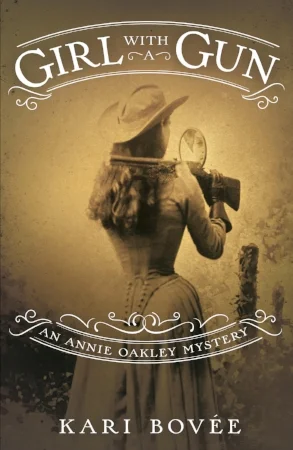WomensHistoryReads interview: Terese Svoboda
As I've mentioned before, reaching out to women inspired by women from history for this Q&Q&Q&A series has been a really educational experience for me! Not only is my TBR pile toppling, I've become aware of so many more fascinating women whose stories my fellow authors are working to make more visible. A subset of these are fierce, fiery woman poets, like the Iranian poet Forugh in Jasmin Darznik's novel Song of a Captive Bird, and another is today's, Lola Ridge. Haven't heard of her? Then you need Terese Svoboda's help!
Therese Svoboda; photo credit Joyce George
Greer: Tell us about a woman from the past who has inspired your writing.
Terese: Lola Ridge, radical poet, who emigrated from New Zealand to New York, so determined to be free to pursue writing that she changed her name, nationality and age, went to work for Emma Goldman and wrote ground-breaking poetry about executions, labor, lynchings and imprisonment that lead the New York Times to describe her as “one of the most important poets in America” when she died in 1941. Social justice drove her, and interest in her drove me to write Anything That Burns You.
Greer: How would you describe what you write?
Terese: Stylized, sensuous and witty, with a strong interest in social justice. “Terese Svoboda is one of few contemporary American writers who possesses a global consciousness." – Brooklyn Rail.
Greer: What do you find most challenging or most exciting about researching historical women?
Terese: Their handwriting! That's the most challenging part, once letters are unearthed. Most exciting? Using the lens of a woman on an historical event otherwise seen only by men.
Your question: If you were to reincarnate as a prominent spy in history, which one would you be?
Greer: I love this question! And so many wonderful options, as more stories are surfacing each day of the crucial role women have played, especially during times of war, in discovering information and passing it, often at great risk to themselves, into the right hands.
I'll have to go with the easy answer, though -- Kate Warne! I wrote about her for Girl in Disguise and not only would I love to arm myself with her intelligence, bravery and talent, I'd also love to actually find out what her life was like during the war years! The historical record is so blank on this point, as least in all my research so far. It's a shame that nearly everyone in America knows the name of the man who assassinated Abraham Lincoln but not of the woman who helped foil an earlier assassination attempt as Lincoln traveled to his inauguration -- and without whom American history could have looked very different.
Find out more about Terese and her work at teresesvoboda.com.









![Heresy[1].jpg](https://images.squarespace-cdn.com/content/v1/53598fa9e4b0b733eebaf82b/1524364790578-ZL9AOHTM5B23WQ2Z84WJ/Heresy%5B1%5D.jpg)









